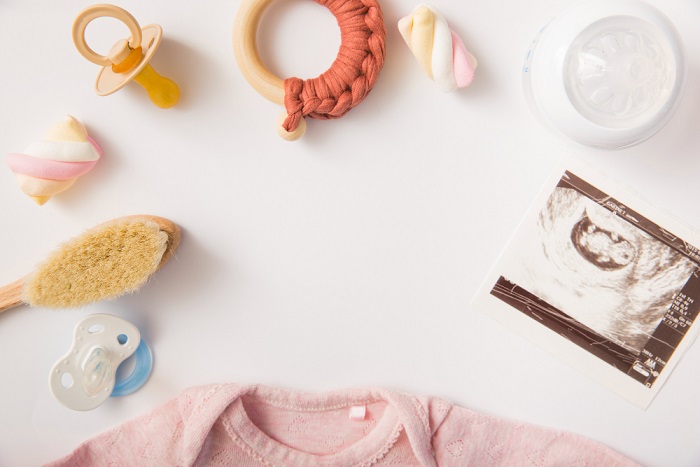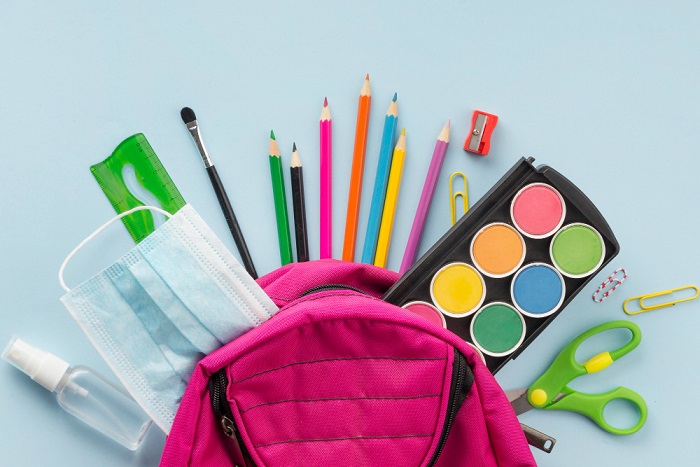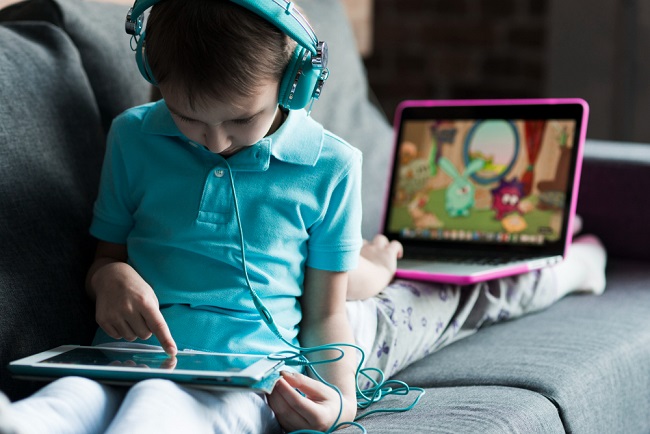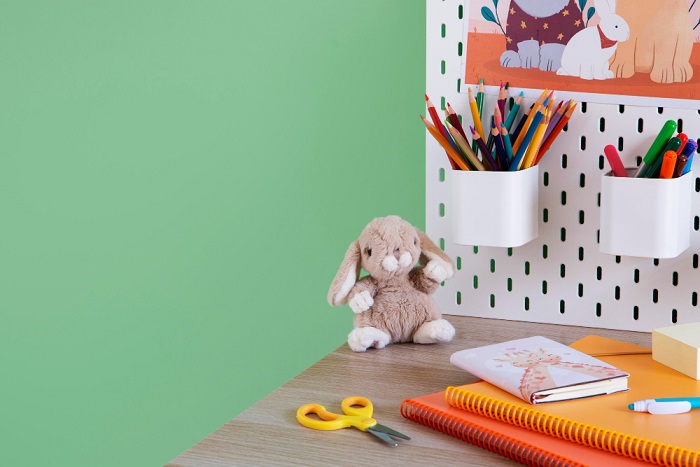In an era marked by growing environmental awareness, parents are increasingly seeking eco-friendly alternatives for their children’s essentials. From diapers to toys, there’s a wide array of sustainable options available that not only benefit the planet but also prioritize the health and well-being of our little ones. In this guide, we’ll explore eco-friendly kids essentials and highlight sustainable choices for the next generation.
Cloth Diapers:
One of the most eco-friendly alternatives to disposable diapers is cloth diapers. They are reusable, reducing the amount of waste sent to landfills. Modern cloth diapers come in various styles and materials, making them convenient and comfortable for babies.
Biodegradable Diaper Wipes:
Traditional disposable wipes contribute to environmental pollution due to their synthetic materials and chemicals. Opt for biodegradable wipes made from natural fibers like bamboo or organic cotton. These wipes decompose quickly, minimizing their impact on the environment.
Organic Baby Clothes:
Conventional cotton production involves the heavy use of pesticides and chemicals, which can be harmful to both the environment and human health. Choose organic cotton clothing for your little one, which is grown without synthetic pesticides and fertilizers, promoting soil health and reducing water pollution.
Reusable Feeding Products:
Instead of single-use plastic bottles and feeding accessories, invest in reusable alternatives such as glass or stainless steel bottles, silicone bibs, and bamboo utensils. These eco-friendly options are durable, non-toxic, and can be used repeatedly, reducing plastic waste.
Sustainable Toys:
Many conventional toys are made from plastic materials that are non-biodegradable and can leach harmful chemicals. Opt for toys made from sustainable materials like wood, bamboo, or recycled plastic. These toys are safer for children and the environment, promoting imaginative play while reducing plastic consumption.
Baby Carriers and Wraps:
Choosing a baby carrier or wrap made from organic cotton or sustainable textiles not only provides comfort and security for your child but also minimizes the environmental impact. Look for brands that prioritize fair labor practices and use eco-friendly manufacturing processes.
Eco-Friendly Strollers:
When selecting a stroller, consider options made from recycled materials or sustainable fabrics. Look for strollers with adjustable features that can grow with your child, reducing the need for frequent replacements and minimizing waste.
Non-Toxic Bath Products:
Conventional bath products often contain harsh chemicals and synthetic fragrances that can irritate sensitive skin and harm the environment. Choose natural and organic bath products free from harmful ingredients like parabens, phthalates, and sulfates. Look for eco-friendly packaging made from recyclable materials.
Reusable Swim Diapers:
Disposable swim diapers contribute to ocean pollution, as they are often not biodegradable and can release harmful chemicals into waterways. Opt for reusable swim diapers made from eco-friendly materials like organic cotton or recycled polyester. They are washable, adjustable, and gentle on your child’s skin.
Solar-Powered Baby Monitors:
Traditional baby monitors consume energy and contribute to carbon emissions. Consider investing in a solar-powered baby monitor that harnesses renewable energy from the sun, reducing your household’s carbon footprint.
Recycled and Recyclable Packaging:
When purchasing kids’ essentials, look for products packaged in recycled materials or packaging that is recyclable. By supporting brands with sustainable packaging practices, you contribute to the reduction of waste and promote a circular economy.
Second-Hand Options:
Embrace the concept of hand-me-downs and second-hand shopping for kids’ essentials. Thrift stores, online marketplaces, and community swaps are excellent sources for gently used clothing, toys, and gear. By giving these items a new life, you extend their usefulness and reduce demand for new products.
DIY Projects:
Get creative and embark on do-it-yourself projects to create kids’ essentials using eco-friendly materials. From handmade toys to organic baby skincare products, DIY projects allow you to customize items while minimizing waste and reducing your environmental footprint.
Educational Resources:
Teach your children about the importance of sustainability and environmental stewardship from a young age. Explore books, games, and activities that promote eco-consciousness and inspire them to make environmentally responsible choices.
Conclusion:
In conclusion, prioritizing eco-friendly kids essentials is not only beneficial for the environment but also sets a positive example for future generations. By choosing sustainable options, parents can nurture their children’s health and well-being while fostering a deeper connection to the natural world. Together, we can raise a generation of environmentally conscious individuals who are committed to creating a more sustainable future for all.




